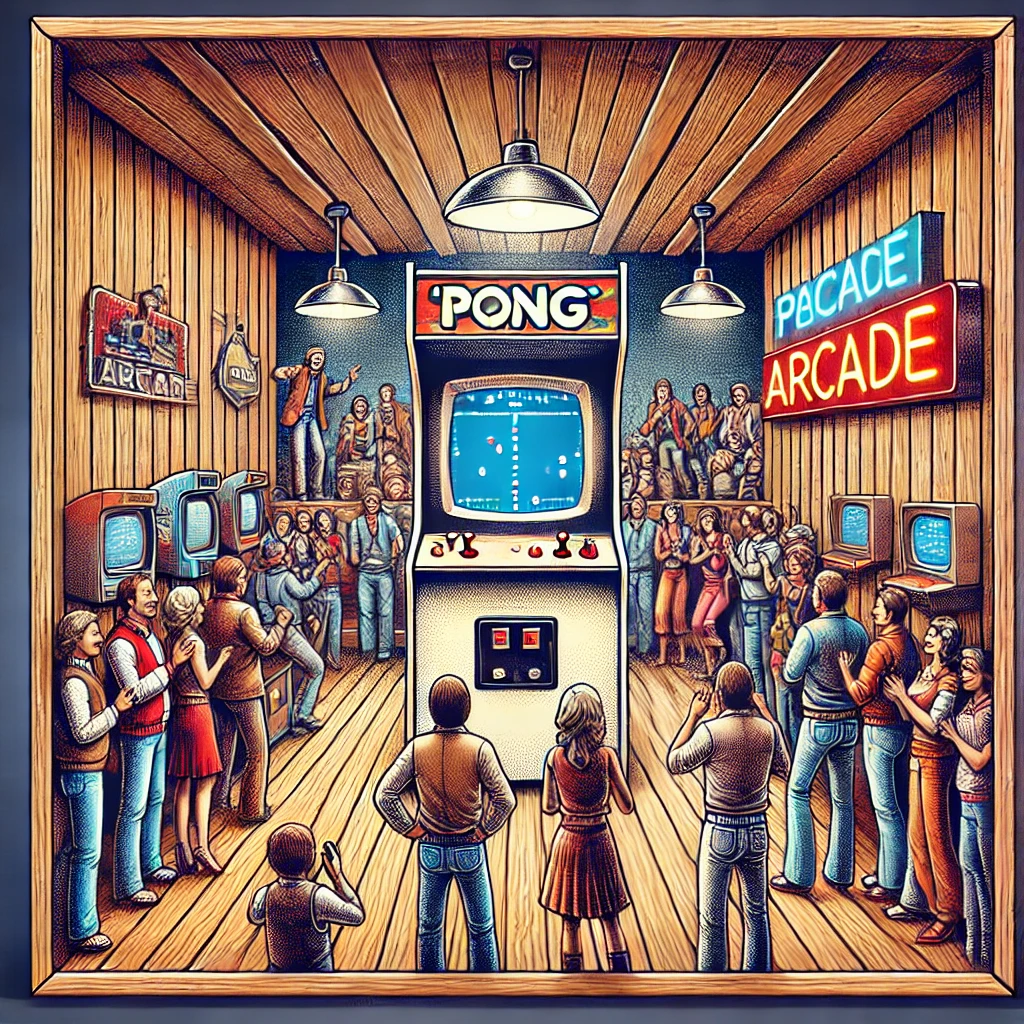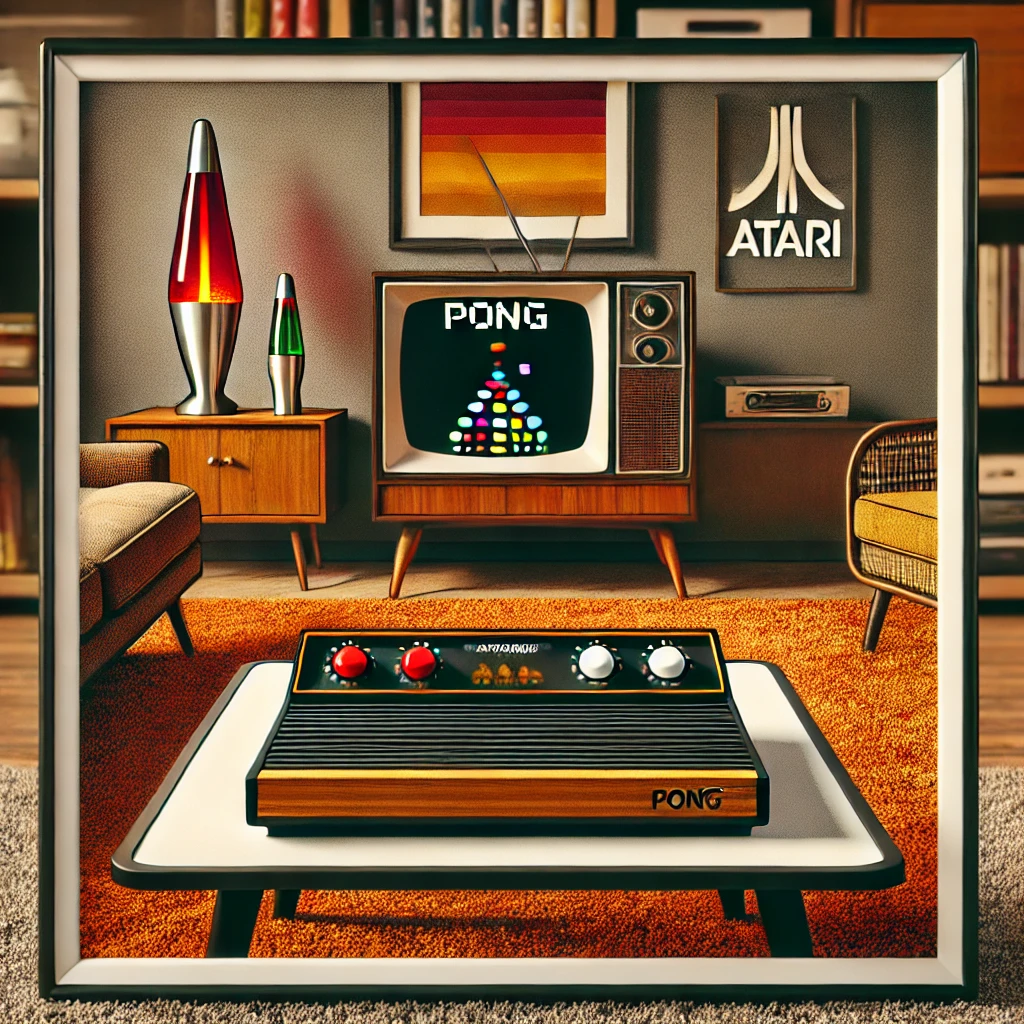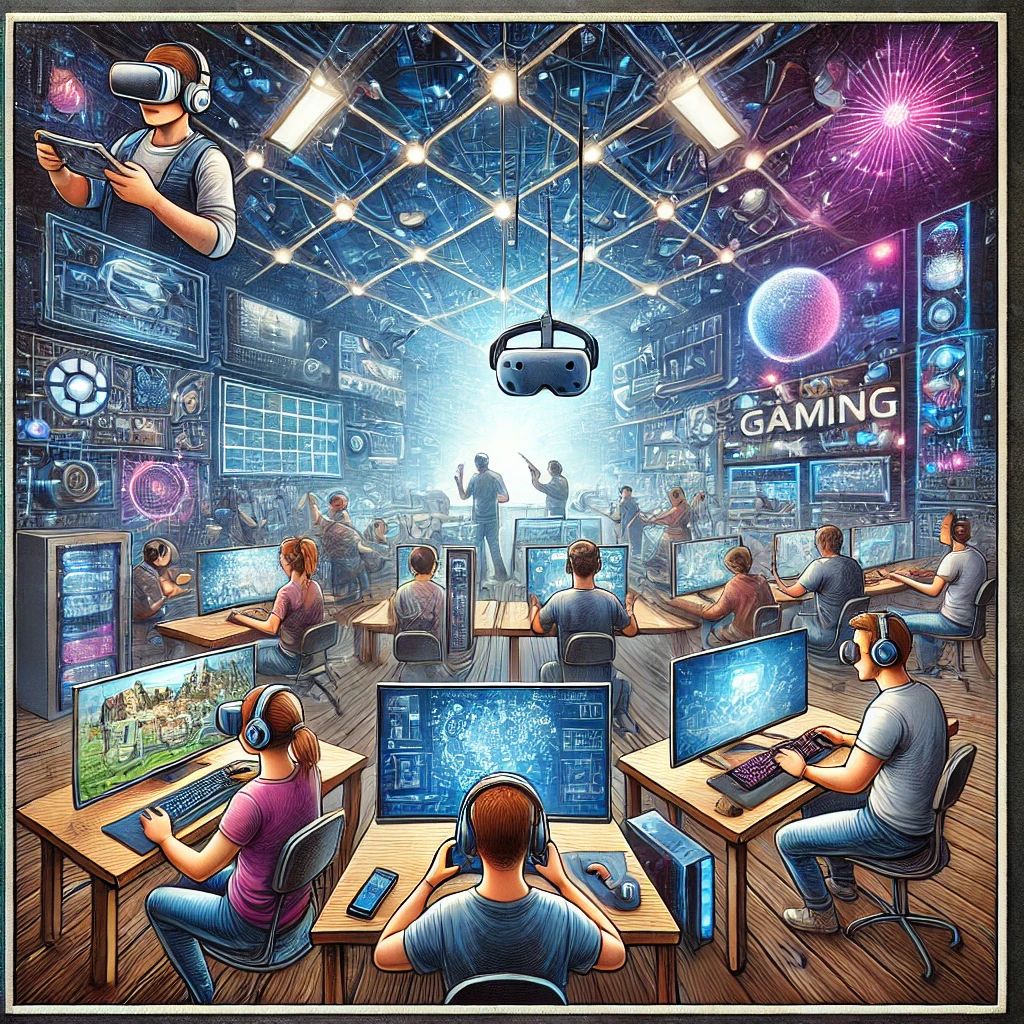On November 29th, 1972, the video game industry took a significant leap when Atari announced the release of Pong. This simple yet revolutionary game marked the beginning of the electronic gaming era, reshaping entertainment and culture worldwide. While primitive by today’s standards, Pong introduced an entirely new way to interact with technology, capturing the imagination of millions and paving the way for the multibillion-dollar gaming industry we know today.

A Simple Start with a Big Impact
Developed by Atari co-founder Nolan Bushnell and engineer Al Alcorn, Pong was inspired by the game mechanics of table tennis. The gameplay was simple: two paddles moved vertically to bounce a ball back and forth, aiming to score points by getting the ball past the opponent. This basic concept became an instant hit in arcades. Its success lay not only in its simplicity but also in its accessibility—Pong was easy to understand and fun to play, making it a perfect introduction to the world of electronic games.
The game’s initial release was met with overwhelming enthusiasm. Early test units, such as the one placed in a local bar in Sunnyvale, California, quickly showed signs of immense popularity. The coin box of the machine filled so rapidly that it jammed, signaling the potential for a lucrative new market.

The Birth of a New Industry
Atari’s release of Pong signaled the dawn of a new entertainment medium. Before Pong, video games were largely experimental and confined to research labs or university settings. By bringing gaming into public spaces like arcades and later into homes through consoles, Atari helped transition gaming from a niche hobby to mainstream entertainment.
The financial success of Pong inspired a wave of competition, as other companies began developing their own games and consoles. This innovation boom laid the foundation for the rapid technological advancements seen in the industry throughout the 1970s and 1980s. Atari itself became a household name, synonymous with gaming, thanks in large part to the success of Pong.
A Legacy That Still Shapes Gaming Today

The release of Pong set in motion a cultural shift that is still evident today. Modern gaming, with its cutting-edge graphics and immersive storytelling, owes its existence to the technological and creative experimentation that began with Pong. The game’s simplicity showcased the potential for games to entertain, connect, and challenge players, a legacy that continues to drive the industry.
Moreover, Pong has left a lasting impact on technology as a whole. It demonstrated the commercial viability of interactive software, influencing the development of computers, software interfaces, and even artificial intelligence. The culture of innovation it fostered lives on in the modern tech industry.
As we reflect on November 29th, 1972, it’s clear that Pong was more than just a game; it was a cultural and technological milestone. Its release not only shaped the gaming industry but also demonstrated the power of creativity and innovation to transform how we interact with technology and each other. Today, gaming is a global phenomenon, and it all began with two paddles, a bouncing ball, and the vision of a company called Atari.
